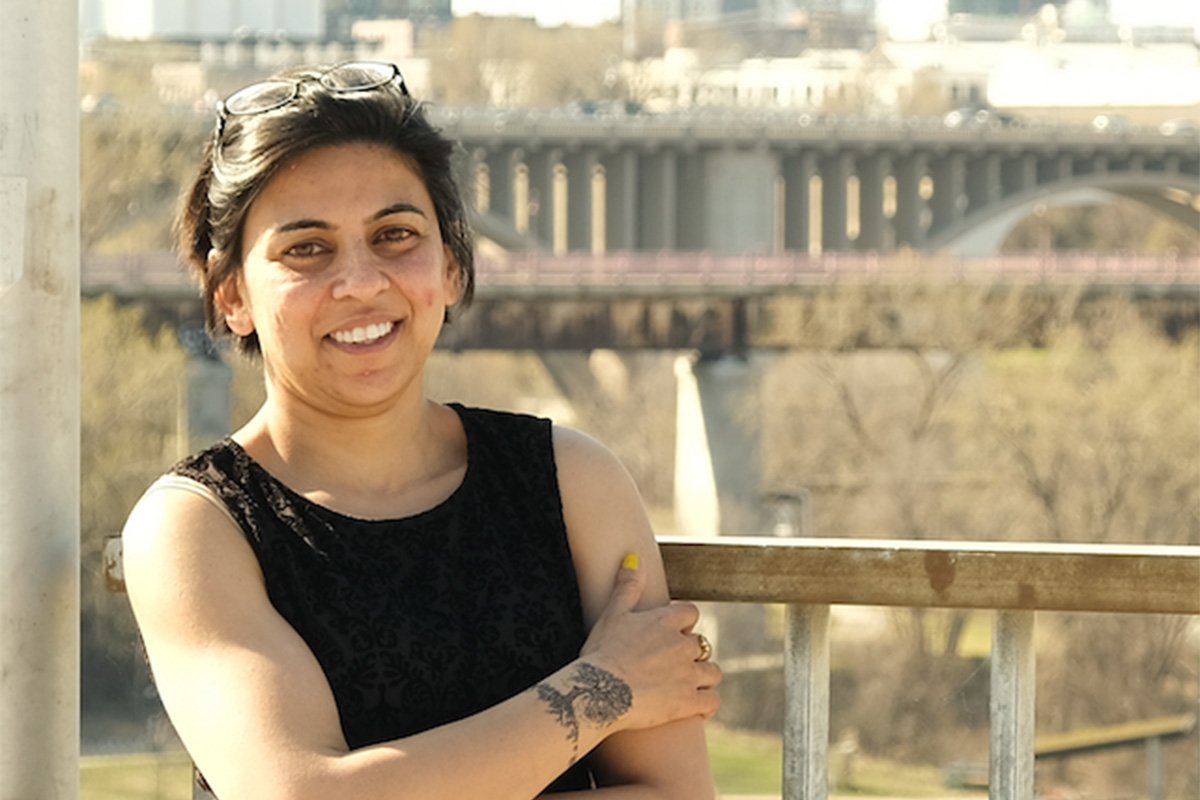Professor Sapna Sarupria
Professor Sapna Sarupria
Department of Chemistry
University of Minnesota
Abstract
Simulations and Advanced Methods for Probing Energy Landscapes (SAMPEL) – Pushing the frontiers of computational simulations for molecular engineering of materials
Molecular simulations provide atomistic details that enable uncovering the fundamental interactions that govern material behavior. They are a critical tool in completing the structure-property-dynamics-function relationship for materials. SAMPEL lab has two synergistic research thrusts – Area 1 focuses on developing and applying path sampling methods to study rare events. Additionally, we build machine learning-based methods to enable sampling and analysis of the simulation trajectories. We are particularly focused on crystallization. Area 2 combines molecular simulations, advanced sampling, machine learning-based analysis and sampling approaches, and experiments to design biomolecules with desired functionalities. Active projects include enzyme engineering, peptide hydrogels for drug delivery, and vaccine formulations. In my talk, I will discuss the novel approaches we have developed to study nucleation with a focus on integrating machine learning with molecular simulations to identify and characterize transient structures during nucleation. Our approach enables us to see those structures that were previously invisible to the standard metrics used to characterize structures. I will also discuss our efforts in designing vaccine formulations based on small (excipient) molecules to eliminate the cold chain requirement for vaccine storage and distribution. We have uncovered the molecular interactions that lead to the unique behavior of arginine on biomolecular stability. Arginine has been reported to have stabilizing or destabilizing effects on biomolecules based the solution conditions and the reason for this has remained elusive. Our simulations provide the framework to understand this behavior based on which we design binary excipient solutions that can lead to better stabilizing effects. Through both these stories, I will illustrate the synergy of molecular simulations, machine learning, and experiments enabling the molecular engineering of materials.
Sapna Sarupria
Dr. Sapna Sarupria is an associate professor in the department of Chemistry at the University of Minnesota, Twin Cities (UMN). Before joining UMN in Fall 2021, she was an associate professor in the department of Chemical and Biomolecular Engineering at Clemson University. She received her Master’s from Texas A & M University and her Ph.D. from Rensselaer Polytechnic Institute. She was a postdoctoral researcher in Princeton University. Her research focuses on using molecular simulations to tease out the underlying phenomena governing material behavior. Her passion for computational molecular science comes from her love to answer the question “why” and her love for programming. Sarupria research lab is involved in a broad range of projects – ice and hydrate nucleation, development of simulation methods to study rare events, modeling of water purification membranes, and modeling biomolecular assemblies. She received the NSF CAREER award, ACS COMP Outstanding Junior Faculty Award, Clemson’s Board of Trustees Award of Excellence and the CoMSEF Impact Award. Along with research, Sarupria is passionate about enhancing diversity, inclusion, and equity in academia and more broadly in the society. She has actively mentored students and faculty from various backgrounds and enjoys building bridges across different cultures. She is the co-founder of the NSF-funded Institute of Computational Molecular Science Education (I-CoMSE), which is focused on creating a sustainable ecosystem for training the next generation in molecular simulation cyberinfrastructure while enhancing education accessibility and equity. She co-organizes a virtual seminar series “Statistical Thermodynamics and Molecular Simulations (STMS)” that has been successfully running since 2020 and attracts over 80+ participants at every event! So far STMS has hosted 82 seminars with 164 speakers. She is the past-Chair of the Computational and Molecular Science and Engineering Forum (CoMSEF) in AIChE and the chair of the Theory subdivision of Physical Chemistry division at ACS. Additionally, Sarupria is an elected trustee of the not-for-profit Computer Aids for Chemical Engineering (CACHE), and member-at-large of the Executive Board of the Program Committee (EBPC) of AIChE. She is the associate editor for LiveCoMS -- Living Journal of Computational Molecular Simulation, a modern and innovative peer-reviewed home for manuscripts which share best practices in molecular modeling and simulation. She is also the co-Director of the recently established NSF-funded National Research Traineeship program (NRT) Data-Driven Discovery and Engineering from Atoms to Processes (3DEAP) housed in the CEMS and Chemistry department at UMN.
Hosted by Professor Ilja Siepmann
